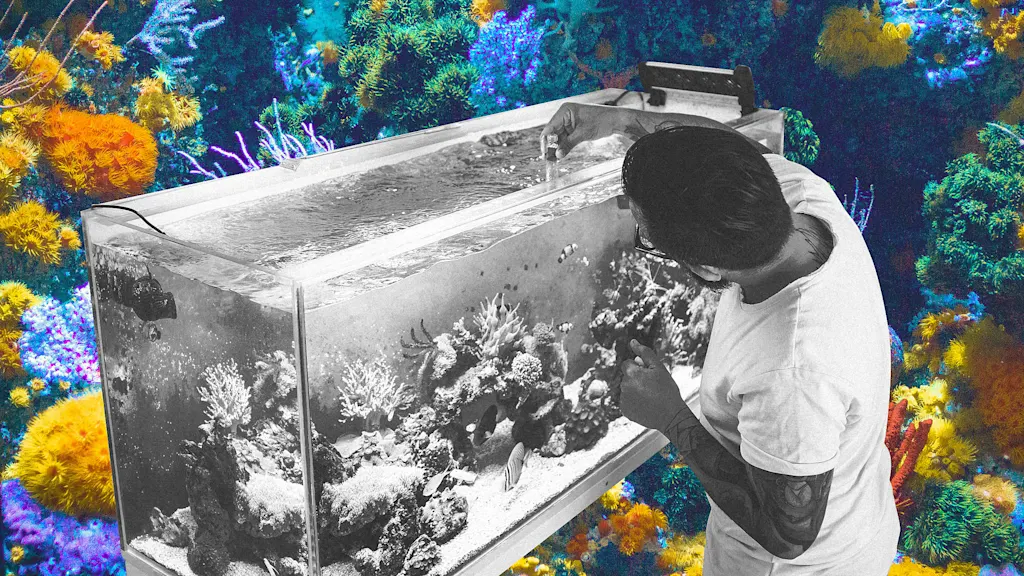
"Rising ocean temperatures and increasing acidification are threatening coral reefs. Between 2009 and 2018, the world's reefs lost 14% of their corals. By 2025, 84% of the oceans' reefs have been affected by bleaching, meaning they've been so stressed by the changes to their environments that they've expelled all the algae living inside them, turning them white. As climate change worsens, coral loss is expected to speed up. Corals are also threatened by activities like fishing and tourism."
"Corals are crucial to ocean ecosystems; they're home to all sorts of marine life, provide coastal protection from storms, and are even the basis of millions of people's livelihoods. Scientists have long been working to save coral reefs, trying to figure out how to help them survive higher temperatures and to bring back their healthy microbiome. (All the bacteria that live in corals can affect how the organisms respond to heat or other environmental changes.)"
Corals live worldwide in shallow warm and deep cool waters, on seamounts and continental shelves, and also in home aquariums. Rising ocean temperatures and increasing acidification threaten reefs, causing a 14% coral loss between 2009 and 2018 and bleaching that affected 84% of reefs by 2025. Climate change is expected to accelerate coral loss, and activities like fishing and tourism add further pressures. Corals support marine life, provide coastal storm protection, and underpin millions of livelihoods. Coral-associated bacteria influence responses to heat and environmental change. Project ReefLink, a partnership of Seed Health and the Two Frontiers Project, enlists home aquarists to identify organisms that protect corals and harmful pathogens.
Read at Fast Company
Unable to calculate read time
Collection
[
|
...
]